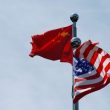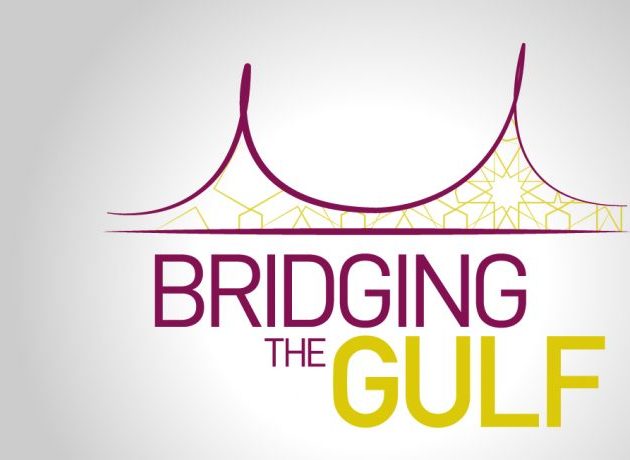About the Annual Conference
The return of great power competition after the post-Cold War lull does not mean that regions like the Middle East or South-east Asia are solely defined by it. In the past decade, the rise of the US-China rivalry coincided with the growing ambitions of Middle Eastern powers – Turkey, Israel, Saudi Arabia, Qatar, or the UAE – to dictate the terms of their own foreign policies.
When considering Russia’s invasion of Ukraine or China’s forays in the Middle East, the traditional partners of Washington in Riyadh, Tel Aviv, or Abu Dhabi opted for calculated ambiguity, rather than full endorsement of the West’s position. In other words, Middle East states are seeking more and more not to align themselves along the lines of great power competition, but rather want to use the competition for leverage to satisfy their interests.
The conjunction of this return to great power competition at the global level with the rising ambitions of Middle East states at regional level has consequences in all sectors of international affairs.
This year’s MEI Annual Conference will take stock of these ongoing trends, unpack them, and examine the future outlook for the Middle East, and its implications for Singapore.
The conference will be opened by Singapore’s Minister for Law and Minister for Home Affairs, Mr K. Shanmugam.
This event will be conducted both in-person and online via Zoom on Wednesday, 31 May from 9.30am to 5.30pm (SGT). The event is free, and open to all. However, registration is compulsory.
For participants joining us via zoom, please register

Prof Wong
Prof Wong is a political scientist at Sunway University, where he serves as the Deputy Head (Strategy) of the Asia Headquarters for the UN Sustainable Development Solutions Network (SDSN).
His research interest is in political institutions and communal politics. He had conducted surveys on the political outlook of Malay Muslims between the 2018 and 2022 elections. His political commentaries are commonly found in English, Malay, and Chinese domestic and international media, including the Malay daily Sinar Harian, for which he writes a weekly column.








